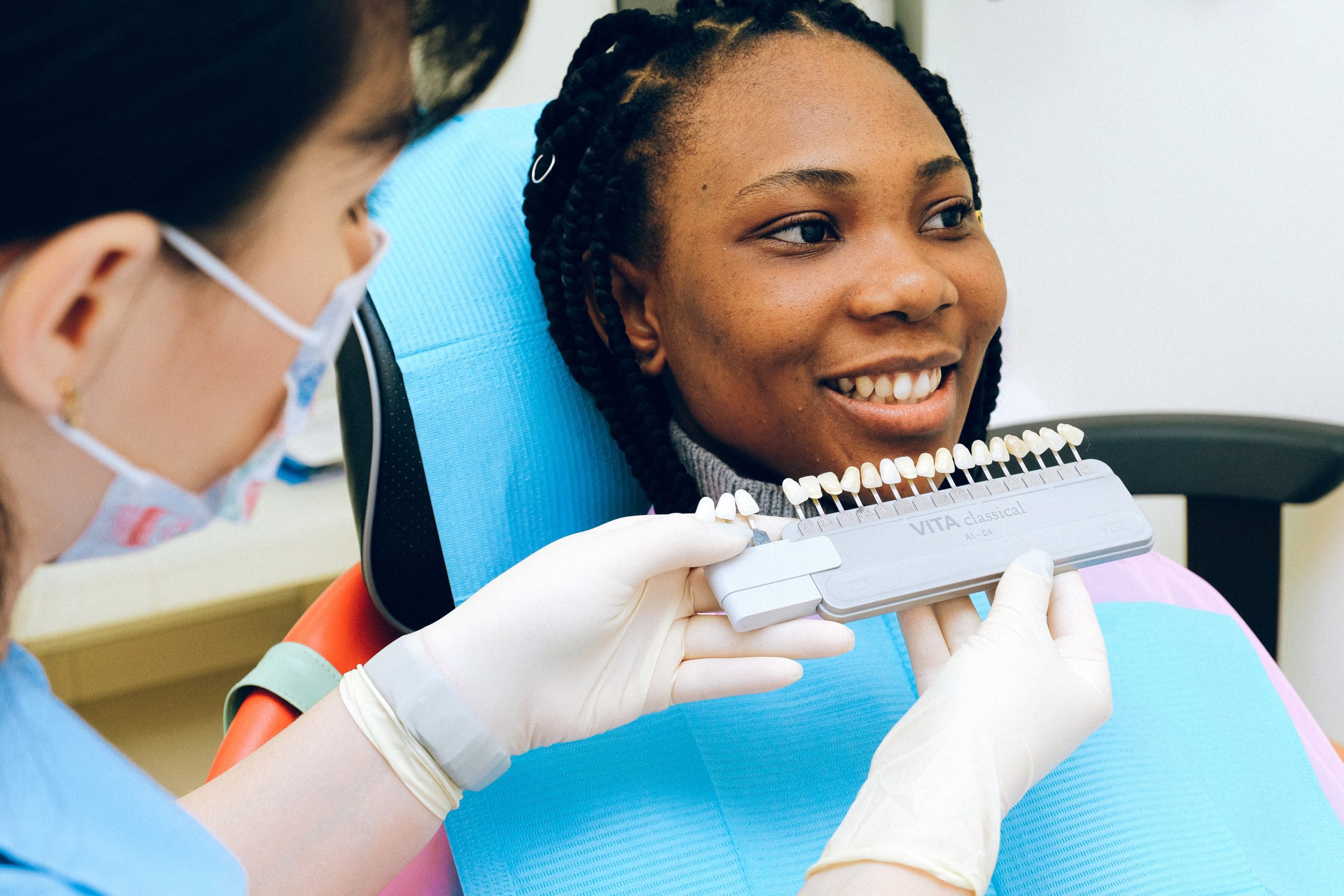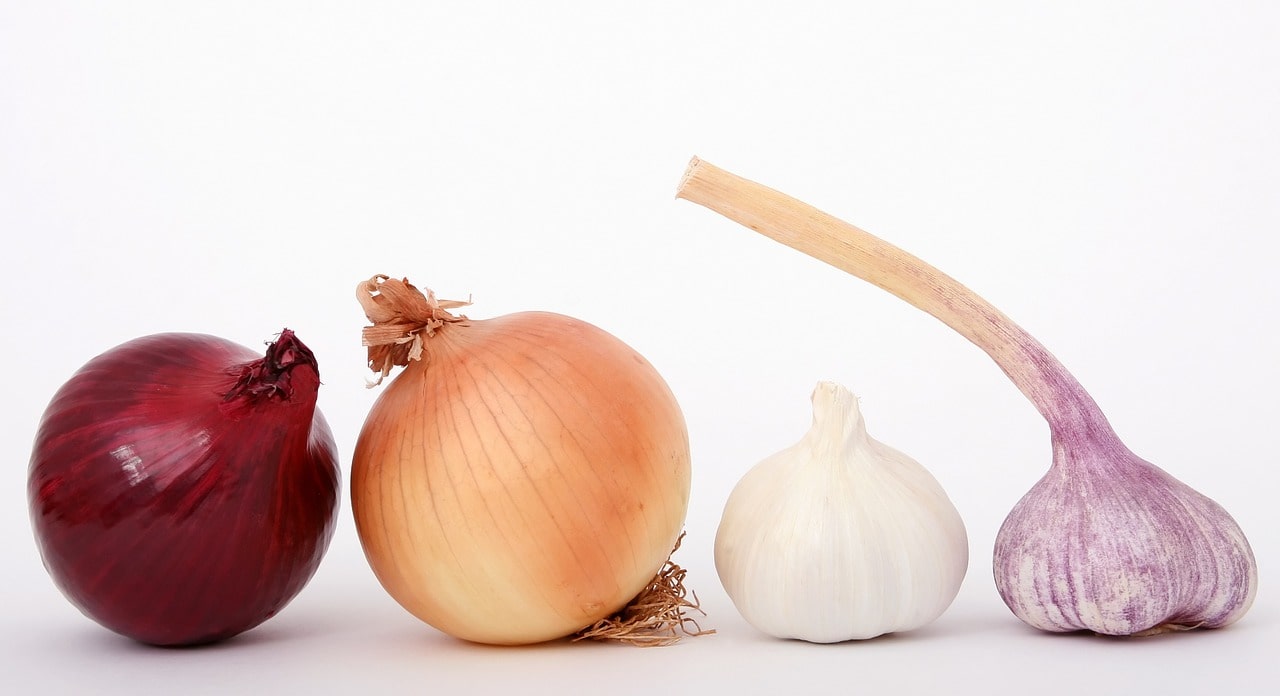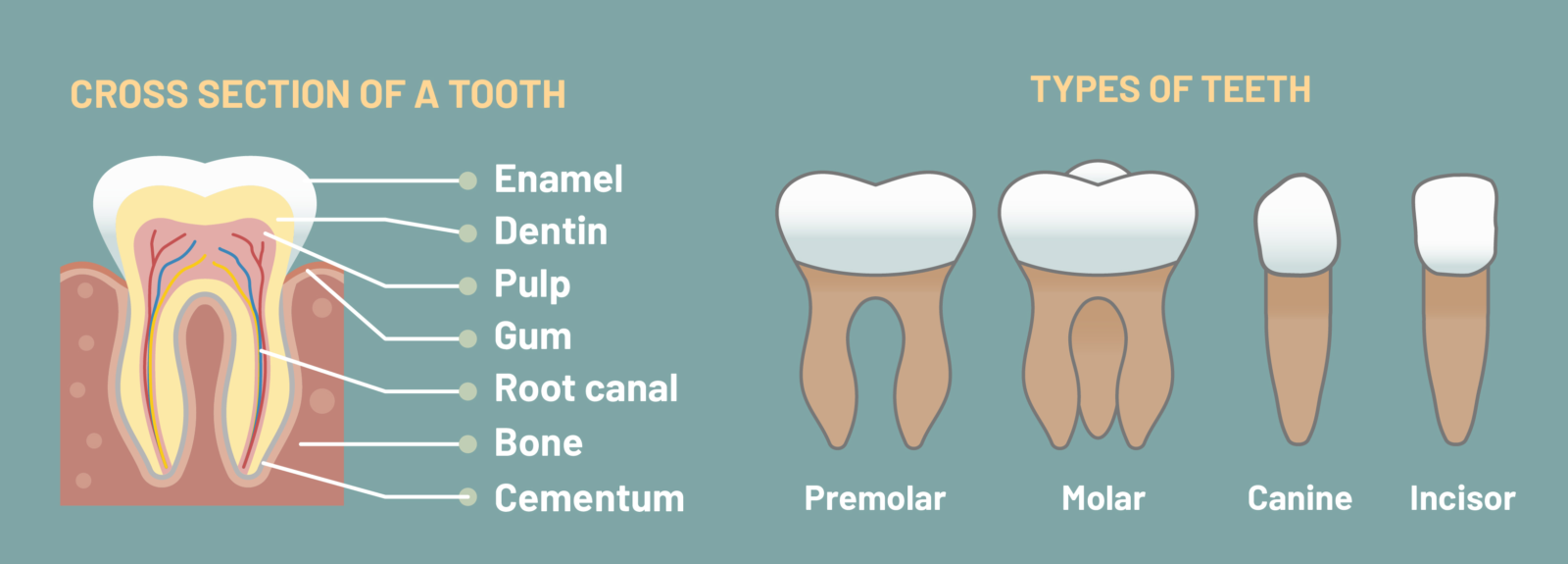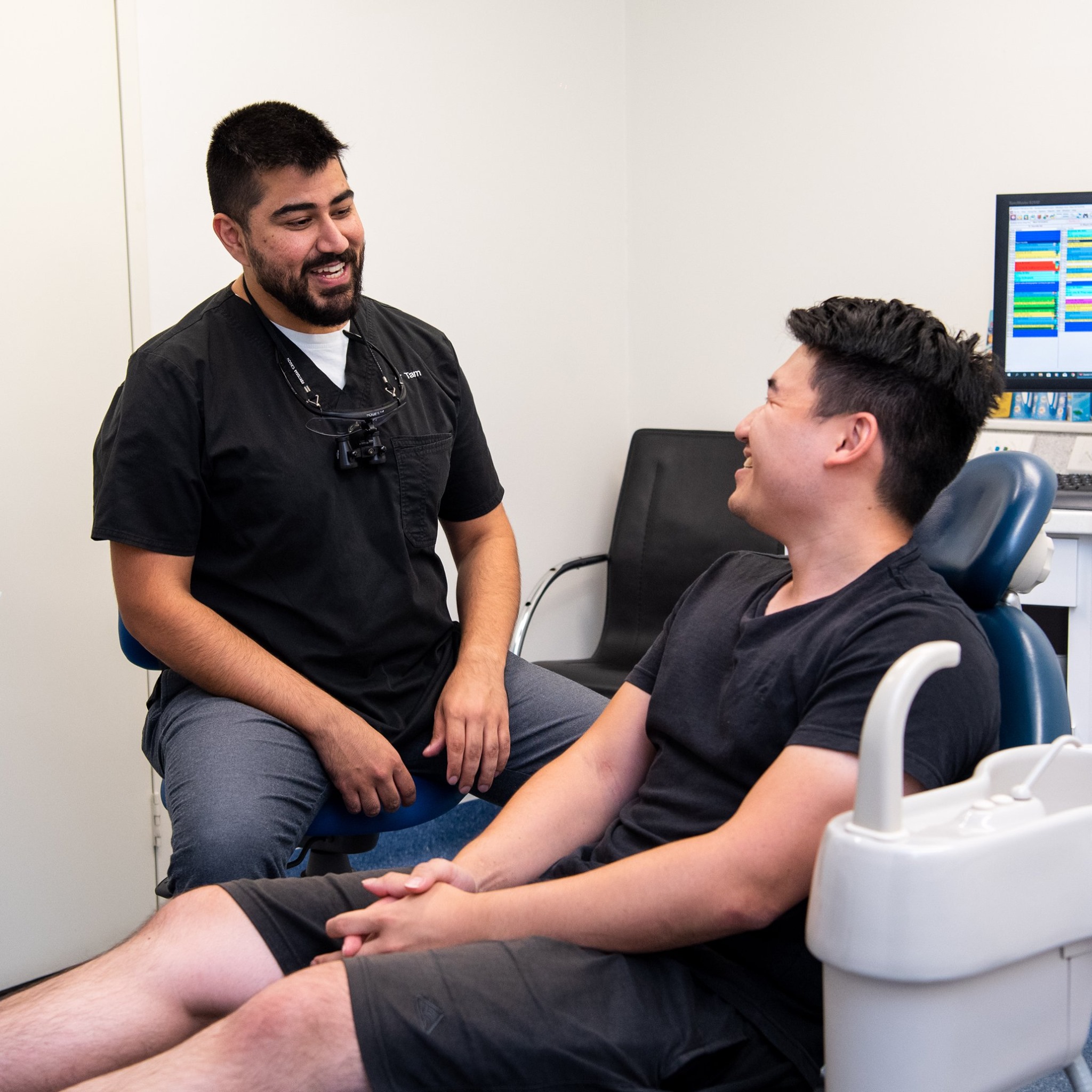
How do you actually know if you’re clenching your jaw and tips on how to relieve the tension.
Do you often find yourself waking up with a splitting headache and sore facial muscles? Or experience a tight and sore jaw every time you chew? You might be unknowingly clenching your jaw at night in your sleep.
But why do I clench my jaw so much? Tightness in the jaw can be the result of a number of reasons including, stress or anxiety, bruxism, excessive chewing, TMJ disorders and more, which we will discuss later on.
Depending on the cause and severity, a tight jaw can cause pain or discomfort in the ears, nose, head, teeth, jaw, face and neck, with intensity levels varying from a dull ache to a ‘loud throbbing’.
Other signs you might be clenching your jaw includes:
– Limited range of motion when opening your mouth
– Locking of the jaw
– Clicking sounds or “jaw popping”
Now you might be wondering, is it bad to clench your jaw? But before we get to that, let’s discuss the root causes.
Why do I clench my jaw?
1. Temporomandibular Joint Disorders (TMD or TMJ)
TMD is generally caused by a dysfunction of the temporomandibular joint which causes pain in the jaw joint and the surrounding muscles. This particular joint is one that allows you the range of motion needed to chew food, yawn and speak.
Symptoms of TMD can include
– Pain or tenderness in the jaw, face, ear or neck
– Difficulty chewing or opening the jaw
– Persistent headaches and “jaw popping”
Why is my jaw popping and what can I do?
2. Stress & anxiety
One of the most common causes of muscle tension and jaw clenching is stress and anxiety. When stressed, an individual may clench their jaw or grind their teeth (bruxism) during the day/in their sleep without even noticing. Over time, this can cause facial muscles to tighten up, or worse, lead to more serious dental problems such as cracks, wear and even loss of tooth.
Other signs of stress include:
– Clenching of the fist
– Tension in the shoulder and neck muscles.
If stress & anxiety is affecting your daily life, we’ve included some relief methods at the end of this article, so stick around.
3. Teeth grinding/clenching (Bruxism)
There can be multiple reasons why you might be grinding your teeth including stress, anxiety, anger, frustration or tension, depression and sleep disorders. It can also be related to heavy consumption of alcohol and caffeine. Bruxism or teeth grinding is generally found more frequently in people who snore or suffer from some form of sleep apnea and in people who regularly smoke, drink alcohol, use recreational drugs and caffeine.
Symptoms of bruxism include:
– Wake up with a headache, jaw pain or sore facial muscles
– Back teeth appear flattened or look like they have small ‘pot holes’ on them
– Experience tooth sensitivity or pain when eating cold and hot foods or drinks
Find out more information on Bruxism and the telltale signs you’re grinding your teeth
4. Rheumatoid arthritis (RA)
RA is an autoimmune inflammatory disorder which affects muscles and joints throughout the body, this includes inflammation of the temporomandibular joint (TMJ). Inflammation of the jaw joint can make it difficult or painful to open your mouth, and may cause damage to the joint and surrounding tissues, possibly even bone loss in the jaw.
Other symptoms of RA include:
– Joint pain, inflammation and stiffness
– Jaw tightness
– Bumps under the skin of joints
– Fever
5. Excessive chewing
This one’s a bit of a no-brainer. Just like any other joint or muscle in your body, excessive use will cause some pain or discomfort and result in jaw tightness.
Here is how to chew your food.
6. Tetanus
Tetanus is a potentially fatal bacterial infection that produces toxins which cause painful muscle contractions in the abdomen, neck and jaw and trouble swallowing. It is highly recommended that you seek immediate medical assistance if you suspect you may have tetanus.
How do I stop clenching my jaw?

1. Exercises to relax the jaw and facial muscles
Jaw joint stretches and facial exercises can help relieve tightness in the jaw and increase range of motion. Here’s some exercises you can do:
– Jaw joint stretch: Try relaxing the jaw by resting the tip of your tongue behind the upper front teeth and lowering the bottom of the jaw so that the lower teeth move away from the upper teeth. This will help stretch and relieve muscle tightness of the jaw and neck.
– Manual jaw opening: slightly open and close your mouth several times to warm up. Next, place your fingers on the top of your front four bottom teeth and slowly pull down until you feel a slight discomfort on the tight side of your jaw. Hold this position for 30 seconds and then slowly release your jaw back to the starting position.
Repeat this stretch 3 times and slowly work your way up to 12 repetitions.
– Smile stretch: look at a mirror and give your widest smile you can without feeling tightness or pain. While smiling, slowly open your jaw an additional 5cm’s, inhale deeply through your mouth and exhale while letting go of the smile. Repeat this process 10 times. This exercise aims to help eliminate stress in the facial muscles, jaw and neck.
2. Consider wearing a nightguard or bite splint
A bite splint or night guard is a form of mouthguard which is designed to prevent discomfort or damage sustained from teeth grinding or jaw clenching by protecting your teeth in your sleep. Based on the cause of your condition, you may need a specific type of mouthguard, so it’s best to consult with your dentist first.
3. Give yourself a massage
Massaging the jaw can help increase blood flow and reduce muscle tightness. Try opening your mouth and gently rubbing the muscles next to your ears on either side of your face in a circular motion. Do this several times a day.
4. Change up your diet
To reduce jaw tightness and muscle soreness, try eating softer foods. This puts less pressure on the jaw, giving it time to heal. Soft foods include tofu, yoghurt, porridge, smoothies, avocado. Find out what other foods you can eat.
Is it bad to clench your jaw and when to see a dentist
If you’re wondering if clenching your jaw is life-threatening, the answer is no.
Tightness in the jaw muscles or joint is a common occurrence caused by a number of factors — mainly stress and anxiety — as well as TMD , teeth grinding, and inflammation. It may cause you a slight bit of pain and discomfort when chewing, eating or speaking but can be easily managed with a few simple jaw exercises and stretches.
However, if symptoms start to get worse and interfere with your daily activities and quality of life, we highly recommend speaking to your dentist.











